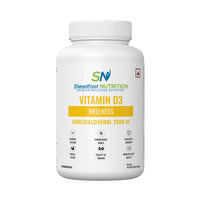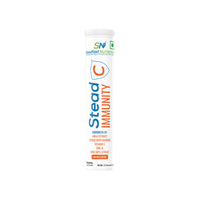There are several diets available for us to choose from catering to various needs of our bodies, but one thing that is common for all is to make sure of having vitamins in the right amount. It found that adults have inadequate levels of Vitamins A, C and D. You can achieve your vital vitamin stat by including the right whole foods or even a good quality supplement.
Vitamin D
Vitamin D deficiency is one of the most common deficiencies faced by people of all ages with around 70% of the population suffering from it. It is the sunshine vitamin as the sun produces D upon skin contact.
Sources: whole eggs, fish oil and fishes e.g. herring, halibut, salmon, mackerel, or tuna. Fortified foods like milk, breakfast cereal and yoghurt are also rich in D.
Vitamin B12
Vitamin B12 is responsible for the production of red blood cells, nerves and DNA while being responsible for the production of energy. A vegetarian diet lacks vitamin B12, so you might not be getting enough.
Sources: chicken, seafood, dairy products meat, eggs and fortified milk
Vitamin A
Vitamin A is essential for proper immune system function, tissue growth, and repair and bone strength.
Sources: Fish-liver oils, liver, egg yolks, butter, sweet potatoes and carrots.
Vitamin C
Vitamin C is a powerful antioxidant and essential for healthy skin tendons and blood vessels. It is also said to have a direct relationship to body fat and waist size.
Sources: Red peppers, kiwi, oranges, broccoli, Brussels sprouts and strawberries.
Potassium
Potassium is a mineral crucial for maintaining healthy heart and kidney function. Also helps the body flush out water and sodium reducing bloating in the belly.
Sources: Bananas, avocados, nuts and leafy green vegetables



